
ChatGPT: Moving to Amazon AWS
-AWS: Amazon Bedrock, Amazon Titan-
ーThree Principles of Safety, Security, and Reliabilityー
We will deliver a summary from the article published by JETRO.
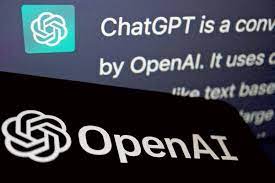
ChatGPT: Moving to Amazon AWS
-AWS: Amazon Bedrock, Amazon Titan-
ーThree Principles of Safety, Security, and Reliabilityー
We will deliver a summary from the article published by JETRO.
Amazon Web Services (AWS):
Provides cloud computing services in 190 countries around the world.
On April 17, Amazon announced an API construction tool “Amazon Bedrock” that utilizes generative AI on AWS.
Use the underlying model through an API.
“Amazon Titan”:
You can use Amazon’s base model “Amazon Titan”.
A basic model developed by Anthropic and Stability AI.
The tool’s users can use the underlying model to build a wide range of applications.
https://www.jetro.go.jp/biznews/2023/08/f851c47bdf93c0cd.html

U.S. Tech: 7 Companies To Safely Develop AI
ーPlanning to develop a mechanism for digital watermarkingー
– Ensuring safety, security and reliability –
We will deliver a summary from the article published by JETRO.
July 25, 2023
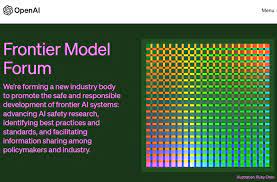
Biden Administration in the United States:
On July 21st, seven US companies that are leading the way in AI development pledged voluntary efforts for the safe development of AI.
Seven companies will participate in the AI secure development effort.
Amazon,
anthropic,
Google,
Inflection AI,
meta,
microsoft,
Open AI,
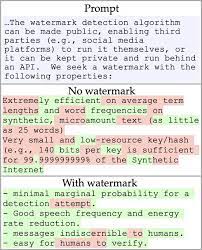
Ensuring reliability:
Develop a digital watermarking mechanism so that users can recognize AI-generated content.
How watermarking works:
Embed information such as copyright holders and licensees in data and files.
Used for copyright protection and unauthorized copy detection
We also support AI research and development for climate change countermeasures.
https://www.jetro.go.jp/biznews/2023/07/457119945150b629.html

New AI Institutions: Seven U.S. Universities Led Each
We will deliver a summary from the article posted on the NSF site.
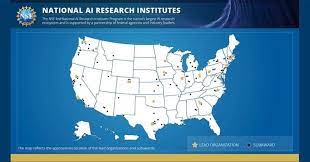
Establishment of new AI institutions:
The new AI institutes will be led by seven universities across the country.
(1) Reliable AI,
(2) next-generation cyber security measures;
(3) Agriculture and forestry that responds to climate change,
(4) AI and neuroscience, cognitive science research,
(5) AI for decision making,
(6) Expanding educational opportunities using AI
Focus on six research themes.
Trustworthy AI:
Led by the University of Maryland,
NSF Institute for Trustworthy AI in Law & Society (TRAILS)
to transform the practice of AI from one driven primarily by technological innovation to one driven with attention to ethics,
human rights and support for communities whose voices have been marginalized into mainstream AI.
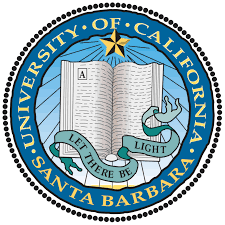
Intelligent Agents for Next-Generation Cybersecurity:
Led by the University of California, Santa Barbara,
AI Institute for Agent-based Cyber Threat Intelligence and Operation (ACTION)
to anticipate and take corrective actions against cyber threats that target the security and privacy of computer networks and their users.
Climate Smart Agriculture and Forestry:
Led by the University of Minnesota Twin Cities,
AI Institute for Climate-Land Interactions, Mitigation, Adaptation, Tradeoffs and Economy (AI-CLIMATE)
Neural and Cognitive Foundations of Artificial Intelligence:
Led by Columbia University,
AI Institute for Artificial and Natural Intelligence (ARNI)
to focus on a national priority: connecting the major progress made in AI systems to the revolution in our understanding of the brain.

AI for Decision Making:
Led by Carnegie Mellon University,
AI Institute for Societal Decision Making (AI-SDM)
to create human-centric AI for decision making to bolster effective response in uncertain, dyna
mic and resource-constrained scenarios like disaster management and public health.
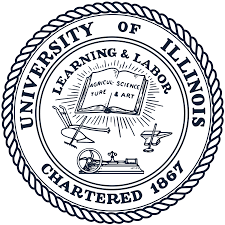
AI-Augmented Learning to Expand Education Opportunities and Improve Outcomes:
Led by the University of Illinois Urbana-Champaign,
AI Institute for Inclusive Intelligent Technologies for Education (INVITE)
to reframe how educational technologies interact with learners by developing AI tools and approaches to support three crucial noncognitive skills known to underlie effective learning:
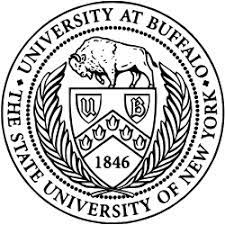
AI Institute for Exceptional Education (AI4ExceptionalEd)
Led by the University at Buffalo,
The framework, the AI screener, will analyze video and audio streams of children during classroom interactions and assess
https://new.nsf.gov/news/nsf-announces-7-new-national-artificial